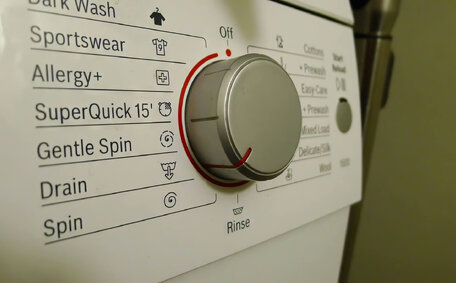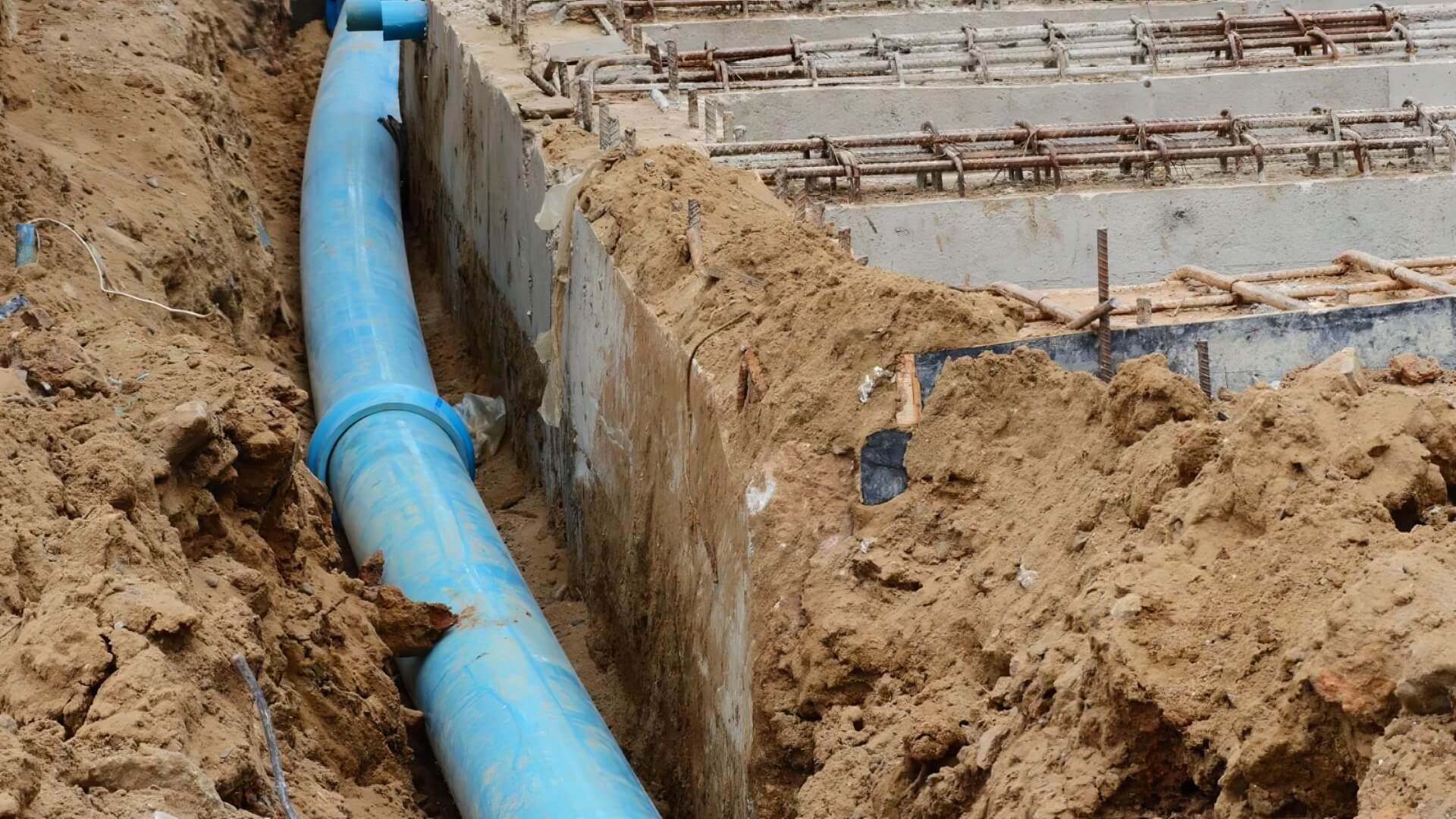Understanding the Gas Market in New South Wales
Since the introduction of full retail competition in 2017, the NSW energy market has experienced significant changes in energy prices and market dynamics. Deregulation was intended to broaden consumer choices and apply a downward force on energy prices.
Numerous energy companies in NSW, including heavyweights like Origin Energy, AGL, EnergyAustralia, and specialised firms such as Alinta Energy, vie for customers. Most households in your area are no longer restricted to buying gas from a single designated energy retailer.
With this expanded selection, where you can choose providers like Ovo Energy in the NSW your gas electricity market, comes complexity, and here’s what consumers should contemplate. Energy plans, including those from Red Energy, vary widely and may suit your needs depending on your circumstances, with an array of rates, contract lengths, fees and conditions. Navigating the energy market’s complexities to secure the most advantageous deal can be taxing for the average household.
To streamline the process for residential customers, The NSW Government’s 'Energy Switch’ is a comparison service designed to evaluate plans that align with your particular needs. This free and impartial service offers online tools for detailing your home’s gas usage, presenting a range of plans to help identify the most suitable energy options.
Understanding factors such as usage charges, supply charges, discounts, and exit fees is essential to achieve cost savings and ensure you’re getting good value for your energy contract. Energy Switch provides detailed fact sheets and pricing breakdowns for consumers to understand the cost-saving benefits and limitations of each energy offering tailored to their needs.
Key Factors to Consider When Comparing Gas Suppliers
When comparing potential gas suppliers, there are several key factors households should consider to find the best value option for their needs:
Pricing
Pricing fluctuations hinge on individual circumstances like usage rates, supply charges, and potential discounts, warranting careful consideration. Compare unit rates and see how much you can save by calculating the annual cost based on your specific consumption.
Fees & Charges
Be cognisant of fees such as account setup costs, late payment penalties, or exit fees when contemplating a switch. Understanding their calculation is vital for financial planning. These factors can significantly influence the amount of money your budget accommodates.
Customer Service
Investigate service provider assessments and complaint history on platforms like Canstar Blue for insights into customer satisfaction levels. Exceptional customer support can notably impact informed decisions about your energy usage, especially when addressing billing or supply issues.
Safety & Compliance
Ensure any potential gas supplier adheres to all legal requirements and standards of safety, training, and compliance.
Appliance Compatibility
Ensure gas appliances, like hot water systems, are compatible with your new energy supplier’s infrastructure.
A careful evaluation of contract terms and consideration of household needs assists in selecting the most appropriate energy supplier.
Pricing: Usage Rates, Supply Charges, and Other Fees
When examining gas pricing, it’s crucial to navigate the three primary components:
Usage Rates
To find the cheapest gas rates, assess the current price per unit, measured in cents per megajoule (c/MJ), which reflects the cost of each unit of gas consumed. This is usually the most significant portion of your overall gas costs. Usage can fluctuate seasonally with demand, so look for plans with competitive rates.
Supply Charges
Supply charges are ongoing daily fees that cover the costs of delivering gas to your home and can have a considerable effect on your total bill. They are fixed regardless of your consumption. Supply charges in the Jemena gas network may range from 15 cents to 2 dollars daily.
Other Fees
Additional fees can include charges for account setup, late payment, or changing providers mid-contract. These facets should all factor in when changing your perspective on pricing in your state and elsewhere.
Some providers offer fixed rate gas plans where your rates are locked in for the contract term. Some offer variable rate options that can change according to the terms and conditions of the evolving energy market, nudging you to choose your plan wisely. Making choices about how to select the best energy scheme hinges on if you favour budget predictability or the chance of possible savings.
When signing up for a gas plan, it is crucial to understand the contract terms, exit fees, and any incentives on offer.
Contract Terms
Gas contracts, much like your water service agreements, typically range from 1-3 years. Longer contract terms might secure lower rates but at the expense of flexibility, which smart meters could potentially optimise. Check things like price change notifications, billing frequency, payment options and applicability of discounts over the full term.
Exit Fees
If you switch gas providers before your contract end date, exit fees usually apply. Exit fees typically span from 20 to 50 dollars per energy type, including gas. Understand exit fee structures before signing to avoid surprises.
Incentives
Many retailers offer new customer incentives such as sign-up credits or loyalty rewards where conditions apply. Consider the value of promotions, but note some require staying with the provider for a set time to be eligible.
Carefully scrutinising all contract details before deciding, rather than focusing solely on introductory offers, permits more informed long-term decisions about suppliers.
Customer Service and Responsiveness
Choosing a gas service necessitates a thorough evaluation of a potential supplier’s customer service and responsiveness. Poor experiences here can create unnecessary stress if billing, supply or appliance issues arise.
Scour reviews, complaints stats, and ratings regarding the energy company’s communication, dispute resolution, and outage handling. This gives insight to help find best real customer experiences of their service quality.
Response Times
Verify the supplier’s response time guarantees for queries and issues, as prompt service typically leads to greater satisfaction.
Communication Channels
Consider the communication options suppliers offer, like phone, email, chat, and social media, for giving feedback. More choices cater to different consumer preferences.
Attempting these modes of contact directly also evaluates their promptness – For prompt service, call us at 1800. Test how quickly calls are answered by knowledgeable representatives ready to assist.
Good customer service underpins positive ongoing relationships with gas providers. Weighing providers’ commitments and performance here is invaluable for making the best selection.
Sustainability and Environmental Policies
Rising environmental consciousness underscores the importance of scrutinising gas suppliers’ commitment to renewable sources and sustainability as you envision your household’s future.
Investigate aspects vital to our customers, including:
- Some energy providers feature plans that include renewable natural gas or carbon offsets.
- Energy efficiency incentives - Providers might offer rebates or financing to support clients in investing in energy-efficient products, like smart gas appliances.
- Emissions reporting - Check if prospective suppliers publicly share emissions data and reduction targets.
Selecting a provider in line with your environmental ethos can assure you that you can switch to gas usage that aligns with your principles. Just ensure their sustainability offers still provide adequate service and fair pricing for your situation.
Government comparison tools like Energy Switch include environmental filter options to compare gas suppliers and simplify finding suitable sustainable options.
As the market evolves, renewable gas plans also offer a transition pathway for households wanting to shrink their carbon footprint over time.
How to Switch Gas Suppliers
In NSW, resources like Energy Made Easy simplify the process of switching gas suppliers, though several key steps must be followed for a smooth transition:
1. Compare plans and choose a new provider
Leverage tools like Energy Switch to weigh competitive gas deals, considering factors such as pricing, contracts, and customer service, tailored to your needs and revealing what new retailers provide.
2. Contact your new supplier
Contact your new provider to confirm plan information and set up a new account. They will conduct the switch, managing all notifications related to your existing contract.
3. Monitor progress
Your chosen energy plan provider will guide you through the transition timeframes and maintain open communication about the switch process, ensuring smooth execution. The transfer typically takes less than two weeks but can vary.
4. Provide final metre read
When necessary, offer a concluding gas meter read to your old retailer, which they can also employ to generate a final bill and precisely close your account.
5. Settle outstanding bills
Settle any outstanding amounts owed to pay your previous gas provider as indicated in your final account statement.
Remain vigilant during the process, clarify confusing details, and retain all correspondence, while we uphold our commitments to privacy. This approach ensures there are no billing gaps or errors with the transition, helping you find out more about the process and avoid potential issues.
Frequently Asked Questions About Choosing a Gas Supplier
How do I switch gas suppliers?
To switch suppliers, initiate a new account with your chosen provider and they will handle the transition, which is usually finalised within 10 business days. Inform your previous supplier to issue a final bill your account dictates, provide a meter reading, clear any remaining balance, and terminate your account.
What details do gas suppliers need from me?
Gas suppliers will need information like your name, email, current energy retailer, rate plan, average usage, and payment details.
It’s crucial to understand your current energy consumption; ensure you have recent bills available. Have recent bills on hand.
What questions should I ask suppliers?
Recognising what need to know about essential aspects like contract terms and exit fees, pricing breakdowns, billing cycles, payment options, concession availability, customer service channels and response guarantees, and appliance compatibility checks is crucial.
How do I understand gas pricing?
Review usage rates (per megajoule used), daily supply charges, and additional fees.
Evaluate unit rates and consider how switching suppliers based on your usage can affect your annual costs. Consider set vs variable pricing. Check conditions around discounts and price changes.
Should I get bottled or plumbed gas?
For short-term or flexible needs, bottled gas is a suitable option.
Consider upfront costs of extending pipelines vs ongoing cylinder delivery fees and storage. Plumbed gas is typically cheaper and more convenient than bottled.
How do I ensure good customer service?
Look into supplier reviews and their complaint resolution practices. Confirm response time guarantees and the quality of customer service through direct engagement.
Is switching gas suppliers safe?
Yes - reputable licenced providers follow all safety regulations around gas infrastructure and appliances. New energy providers fully manage the switchover process without affecting supply or safety.






